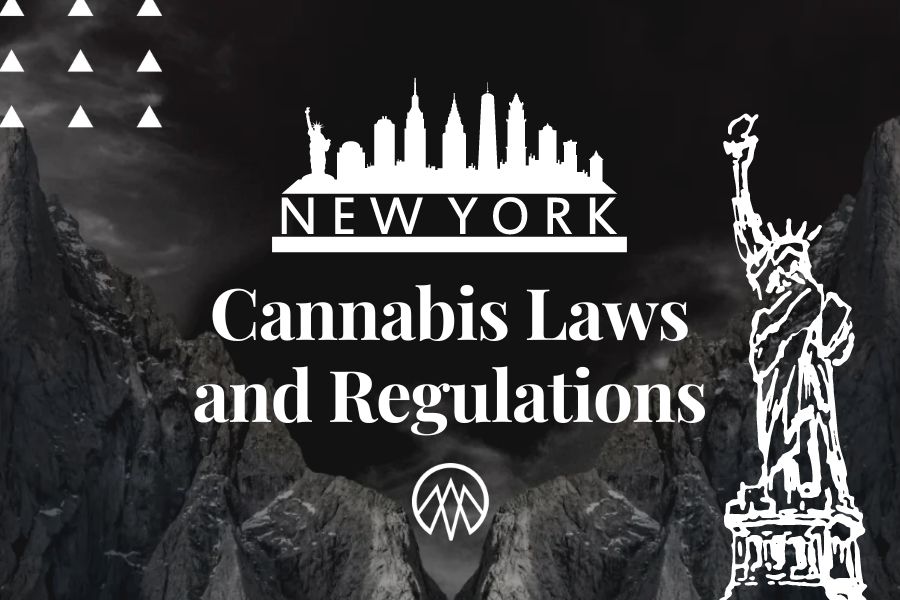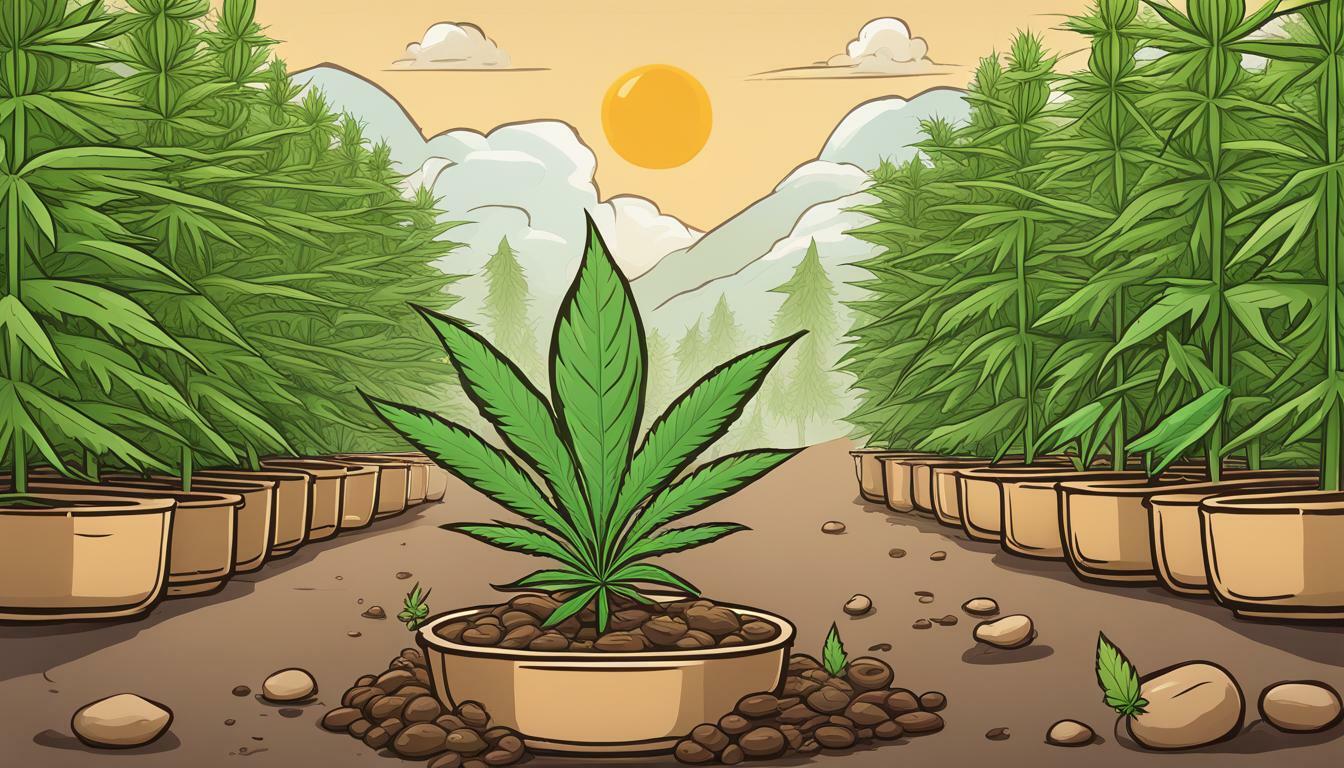New York has been operating under the Marijuana Regulation and Taxation Act since early 2021. (MRTA). This is the law that made recreational marijuana use legal in the state for adults over the age of 21. They are the 15th state to do so, joining California, Colorado, and Massachusetts. Not only does this new law allow adults to use marijuana, but it also establishes a legal framework for its cultivation, distribution, and taxation. In short, the blueprint for legal cannabis exists in New York.
Cannabis legalization in New York is a significant step forward for advocates who have long fought to end the criminalization of cannabis use, a proposition that disproportionately affects communities of color. The law, however, is complex and nuanced, equipped with a slew of regulations and restrictions affecting both consumers and businesses across the cannabis industry. We’ll go over New York’s cannabis laws and regulations in this blog, including a timeline of legalization, key details of the MRTA, and what the new law means for New Yorkers.
History of Cannabis Legalization in New York: A Timeline
The road to cannabis legalization in New York has been long and winding. It all started in 1977, when New York State decriminalized small amounts of marijuana possession. However, it would not be until 2014 that the state legalized medical marijuana for qualifying patients. The state gradually expanded its medical marijuana program over the next few years, adding more qualifying conditions and allowing for more dispensaries. Governor Andrew Cuomo signed legislation in 2018 that decriminalized the possession of small amounts of marijuana, reducing the criminal penalties for cannabis use even further.
The following year, the state began studying the potential impact of legalization, holding public hearings and engaging in research to determine the best course of action. Finally, in March 2021, the Marijuana Regulation and Taxation Act was signed into law, legalizing recreational marijuana use for adults aged 21 and over. This timeline highlights the gradual progression of cannabis legalization in New York, which has culminated in the state’s landmark move to fully legalize recreational use.
The Details of New York’s Marijuana Regulation and Taxation Act
The Marijuana Regulation and Taxation Act (MRTA) is a complex piece of legislation that establishes a legal framework for the cultivation, distribution, and taxation of cannabis in New York State. The MRTA allows for the possession of up to three ounces of marijuana and up to 24 grams of concentrated cannabis by individuals over the age of 21. The law also permits adults to grow up to three mature and three immature plants for personal use. In addition to recreational use, the MRTA creates a regulated market for medical marijuana and provides for the automatic expungement of certain cannabis-related convictions.
The law also establishes an Office of Cannabis Management to oversee the implementation of the new regulations, with a focus on promoting social equity and ensuring that communities disproportionately impacted by the war on drugs have an opportunity to participate in the new legal market. Overall, the MRTA is a significant piece of legislation that establishes a comprehensive regulatory framework for the cannabis industry in New York State.
What the Legalization of Cannabis Means for New Yorkers
The legalization of cannabis in New York has significant implications for both individuals and businesses in the state. For individuals, the new law means that adults over the age of 21 can now possess and use cannabis without fear of criminal penalties. It also means that individuals with certain cannabis-related convictions may be eligible for automatic expungement of their records. However, the law also includes restrictions on where cannabis can be used, such as prohibiting consumption in public places or in the presence of children.
For businesses, the legalization of cannabis creates a new industry with opportunities for cultivation, distribution, and retail sales. However, the MRTA includes provisions that prioritize social equity and aim to ensure that communities disproportionately impacted by the war on drugs have an opportunity to participate in the new legal market. This includes the establishment of a social and economic equity plan to provide support and resources to individuals from disproportionately impacted communities who are interested in participating in the legal cannabis industry. Overall, the legalization of cannabis in New York has the potential to bring significant economic and social benefits to the state, while also addressing issues of social justice and equity.





